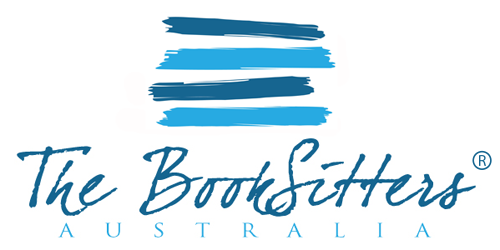How to choose a financial planner
How to choose a financial planner
No matter how much money you currently have in the bank, it’s a good idea to consult with a financial planner sooner than later. There’s no better way to start mapping out strategies for investing – and saving – so you can meet your short and long term financial goals.
Financial planners are there to help you save time and money as you prepare to buy a house or commercial property, invest in a business, or plan for retirement. Ultimately, by relying on their expertise you’ll make better financial decisions that will grow your wealth and increase your security.
These tips can help you find the best financial planner to meet your unique needs.
Get clear on your goals
Before you start searching for a financial advisor, examine your goals. Keep in mind that most of us aren’t focused on just one objective (which can make the planning process feel overwhelming before you even start – another good reason to seek the advice of a professional).
Many financial institutions offer free online planning tools – a great way to start narrowing down your goals and calculating how much money you need to achieve them.
Some goals to add to your list might be:
- a big event (e.g. a wedding or travel)
- a down payment on a home
- your child’s college fund
- retirement
Get all those goals – big and small, short and long term – down on paper. They’ll help you start the conversation with a financial planner whose expertise aligns with your objectives.
Check qualifications
There’s no shortage of financial planners out there to choose from – but not every planner is licensed, or has the right credentials, training, or experience to meet your needs.
With your goals in mind, start researching financial planners in your area who hold relevant professional designations and appropriate licenses.
Ask your friends and family for referrals – ideally people you trust who are in the same stage of life as you are.
These 10 questions are good to ask financial planners, they cover the basics and will help you get a feel for whether or not a planner may be a good match.
Enquire about payment structure
The best model if you’re just starting out with financial planning is a fee-based advisor (i.e. someone who charges by the hour, a flat fee, or percentage of the assets under management) rather than a commission-based advisor – especially if your planning needs aren’t particularly complex.
Make sure the person you’re hiring to help you make key financial decisions isn’t nudging you toward options that benefit themselves, first and foremost.
A few final tips
If you scanned the interview questions linked to earlier in this article, you’re already familiar with fiduciaries – still, the point is so crucial it bears repeating.
Because a fiduciary is legally required to act in their clients’ best interest at all times, and are thereby accountable to the highest standards of their profession, it’s recommended you only consider working with financial planners who can claim this designation.
Last but not least, don’t be shy about asking for references from a planner’s clients and other professional colleagues – accountants, insurance agents, or lawyers – so you can get a full picture of the person you choose to handle your most important financial decisions.
Ask Your Bookkeeper
When you understand and can work with your company’s financial data, you pave the way to more sustainable growth for your small business. Ask your accountant or bookkeeper for their advice when selecting a financial planner, as you may feel more comfortable being referred to someone they know or have worked with. It will be well worth the effort!
Our Bookkeepers
Justine Day: Southern Highlands / Bowral Bookkeeper
Petra Austing: Southern Highlands / Bowral Bookkeeper
Amanda Graham: Gold Coast Bookkeeper
Karin Evans: Gold Coast Bookkeeper
Pru Hall: Wollongong Bookkeeper
Jackie Short: Canberra Bookkeeper

